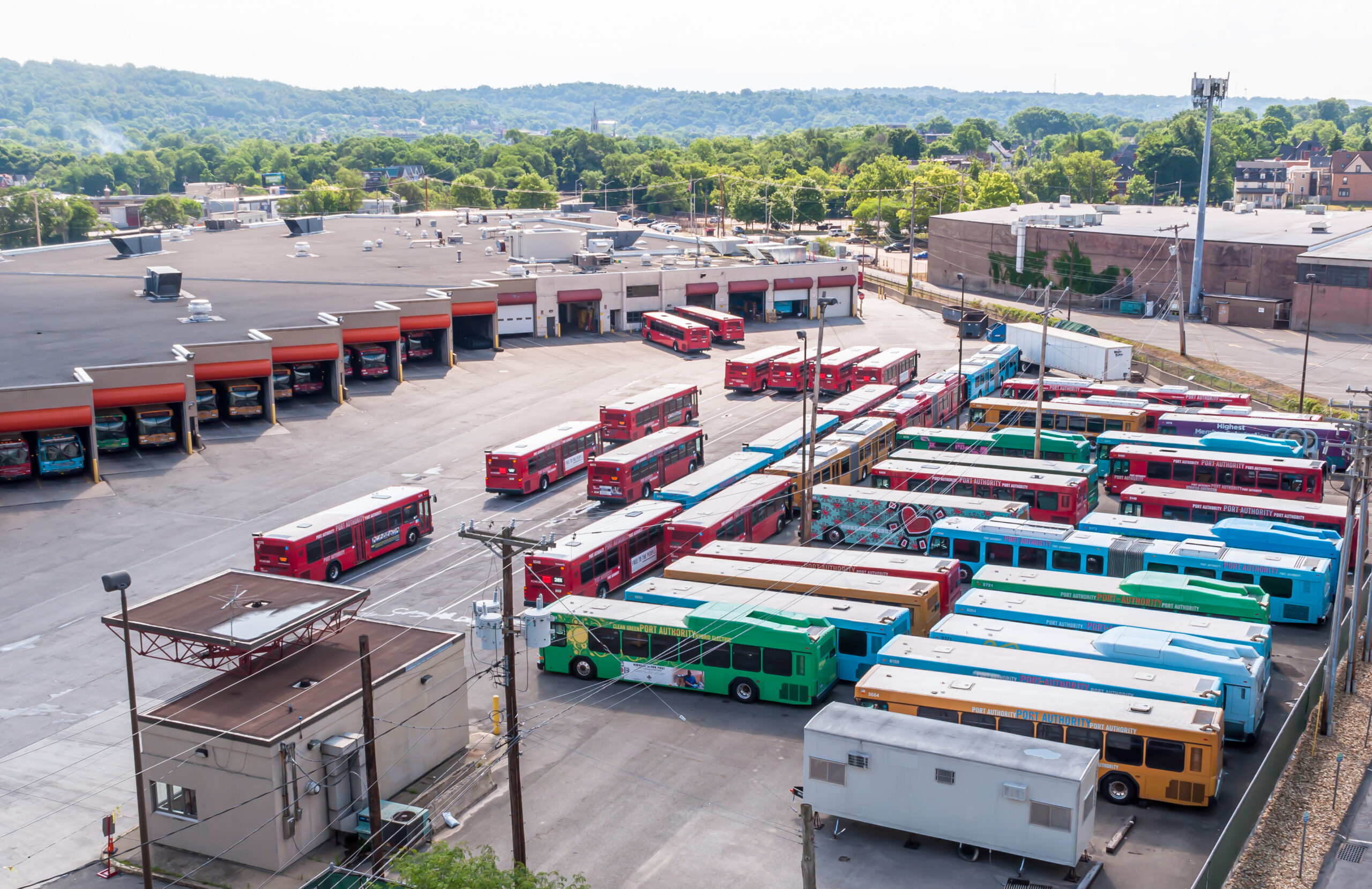There’s a troubling dichotomy in a federal government announcement that its sending millions more dollars to the Port Authority of Allegheny County. But it’s all too troublingly familiar when it comes to the fed’s “beneficent” redistributionism.
As the Pittsburgh Business Times reported it, the U.S. Department of Transportation’s Federal Transit Administration has awarded the local mass-transit agency nearly $217 million more in “grant funds.” It previously received millions of dollars.
The move is billed as “an effort to maintain transportation services and jobs as transit agencies recover from the Covid-19 pandemic.”
Or, in the words of Transportation Secretary Pete Buttigieg, “This funding from President Biden’s American Rescue Plan will protect transit employees from layoffs, keep transit service running and ensure people can get where they need to go.”
But why should Port Authority employees be immune from layoffs (as they apparently have been since the pandemic broke out 18 months ago) if, as it does, ridership remains markedly down?
Just as in any private business, lagging demand should translate into fewer workers. Why should taxpayers’ pockets be picked to keep Port Authority workers on the job when public demand for its services is lagging so severely?
And there are considerable questions if the Port Authority ever will return to pre-pandemic ridership numbers given the changed work habits of so many.
The fed’s move to prop up such rank inefficiency comes at a time when the Port Authority, especially its bus service, is a nationwide poster child for inefficiency with costs not only out of whack with peer transit agencies but those much larger.
It also comes at time when the Port Authority is promoting the expansion of light right service, never mind that light rail repeatedly has been proven to be the least efficient of all transit modes.
And it comes at a time when the Port Authority is touting how it has renegotiated higher rates with local universities to provide students with “free rides” with the U-Pass system.
As the Post-Gazette reports, the agency, under a 2012 agreement, had Pitt, Carnegie Mellon and Chatham paying $1.25 per ride (50 percent of the then-base fare of $2.50).
A new deal, a five-year agreement, calls for the universities to pay 60 percent (or $1.65) of the current base fare of $2.75.
Additionally, the P-G says the deal calls for annual 3 percent increases with the schools paying 72 percent of the base far in the final year of the contract.
“Free,” of course, is a misnomer. The dollars the universities are paying likely come from two sources – tuition and fees paid by students and/or state and federal tax dollars transferred from other taxpayers.
And why should other riders, including “the poor,” effectively subsidize the rides of college students?
A Port Authority spokesman hails the U-Pass program as a “win-win” for students and the universities. In fact, it’s a “win-win all around,” he said.
But not for taxpayers.
Underwriting inefficiency only promotes more inefficiency. And that’s a damning legacy that has dogged the Port Authority of Allegheny County for decades – and for decades more unless such behaviors so anathematic to sound public policy are rejected.
Colin McNickle is communications and marketing director at the Allegheny Institute for Public Policy (cmcnickle@alleghenyinstitute.org).



